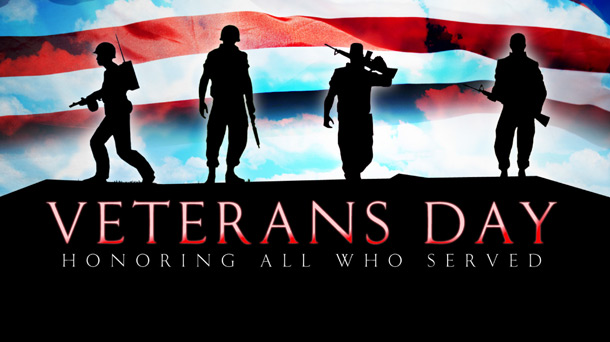It was time for the annual Nativity pageant put on by the children of the church. The manger was located in front of the altar steps. Mary was there in a blue mantel and Joseph in a cotton beard. The wise men were there with a handful of shepherds, and of course, in the midst of them all was the Christ Child, lying on the straw. The nativity story was read by the pastor with carols sung at the appropriate places, and all went like clockwork until it came time for the arrival of the angels - a "heavenly host" of the children of the congregation dressed in white and scattered throughout the pews with their parents.
At the right moment the angels were supposed to come forward and gather around the manger to sing, "Glory to God in the highest, and on earth peace, good will among men," and that is just what they did - except there were so many angels that there was a fair amount of crowding and jockeying for position. One angel, about nine years old who was smaller than most of the other angels, ended up so far out on the fringes of things that not even by craning her neck and standing on tiptoe could she see what was going on. "Glory to God in the highest, and on earth peace, good will among men," they all sang on cue, and then in the momentary pause that followed, the small girl electrified the entire church by crying out in a voice shrill with irritation and frustration and enormous sadness at having her view blocked, "Let Jesus show!"
The wise pastor decided to end the pageant right there. "Let Jesus show!" the child-angel had cried out, and while the congregation sat in stunned silence, the good father offered a quick final prayer and blessing, and everybody filed out of church with those unforgettable words ringing in their ears. [From Secrets in the Dark: A Life in Sermons by Frederick Buechner.]
May the little angel's cry be our prayer in the year ahead: "Let Jesus show!" in our homes and work places and schools; "Let Jesus show!" in our compassion, forgiveness, joy & hope in our lives.
May we not "lose" Jesus in the many demands on our time; may we not "hide" Jesus when the difficult decisions have to be made; may we not "pack" Jesus away until next Christmas, but may the "Word made flesh" make his dwelling place among us here, now and always, illuminating every one of our days with his wisdom and grace.





